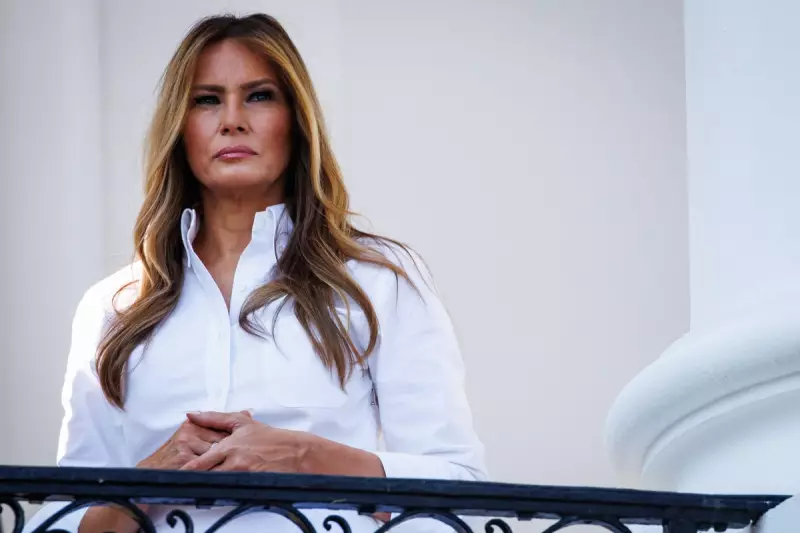
In a revelation that exposes the intricate dance between high fashion and high politics, it has been confirmed that Melania Trump was deliberately passed over for a Vogue cover during her time as First Lady, breaking with a longstanding tradition honoured by her modern predecessors.
Chloe Malle, a prominent society columnist and daughter of former Vogue editor-in-chief Candy Pratts Price, has publicly shed light on the magazine's conscious editorial decision. The move is seen as a powerful, silent rebuttal from the fashion industry's most influential podium.
A Deliberate Departure from Tradition
The cover of Vogue is more than just glossy paper; it's a cultural anointing. For decades, it has been customary for the sitting First Lady of the United States to be featured on the cover of the world's most famous fashion bible. Michelle Obama graced the cover three times, while Hillary Clinton and Laura Bush were also featured during their time in the White House.
Melania Trump's absence was therefore not an oversight but a calculated snub by editor-in-chief Anna Wintour and her team. This decision reverberated through the corridors of power in Washington and the front rows of fashion shows in New York and Paris.
The Insider's Commentary
The story gained new traction when Chloe Malle, during an interview, was asked about the former First Lady's relationship with the publication. Malle's candid response confirmed what many had long suspected: the omission was entirely intentional.
While Malle noted that Melania Trump possessed a "very good model body" and understood her angles, she firmly placed the blame for the snub on the former First Lady's actions and associations, rather than her aesthetic appeal or fashion sense. This commentary highlights a significant shift where a figure's political and personal conduct is weighed as heavily as their style.
A Symbol of Wider Tensions
This episode is a microcosm of the broader friction between the Trump administration and certain elite cultural institutions. Vogue's choice was widely interpreted as a political statement, aligning the publication with a values-based stance that transcended mere fashion.
The snub underscores a new era where fashion magazines are increasingly engaged in political discourse, using their platform to make implicit endorsements or criticisms. Anna Wintour, a known supporter of Democratic candidates and a donor to the Biden-Harris ticket, made her position clear through what she did not publish, as much as by what she did.





